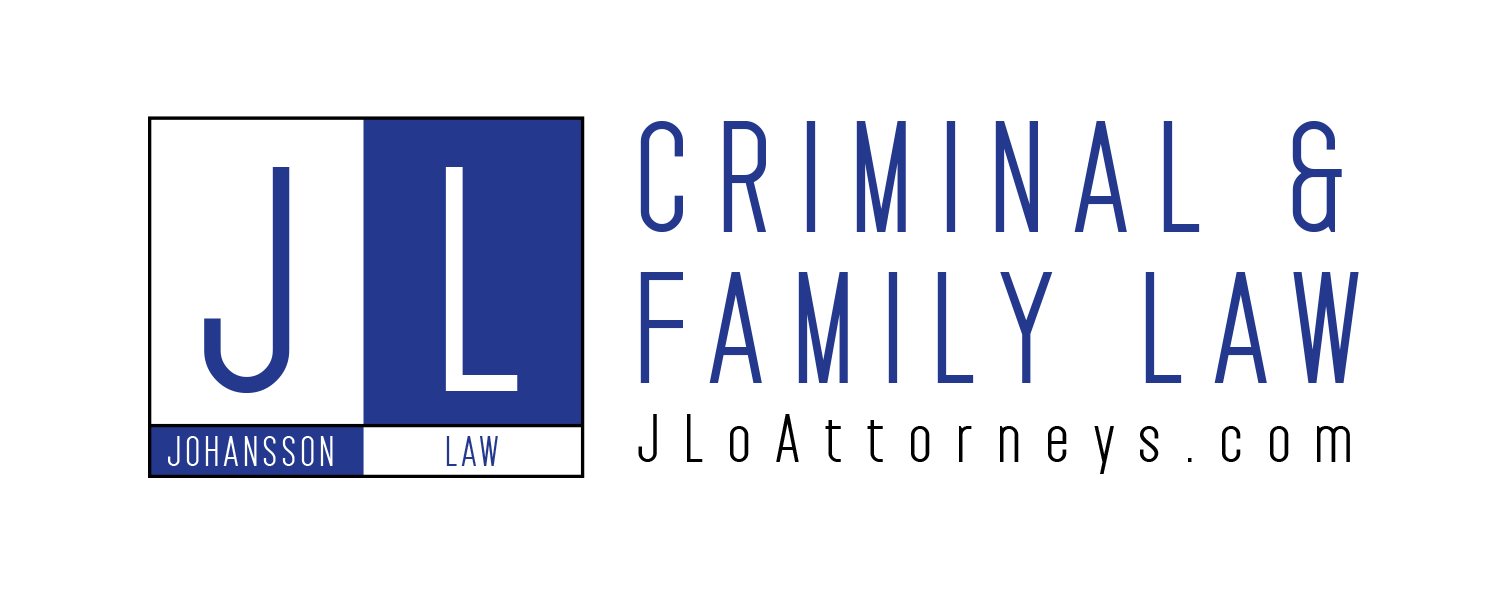Antitrust violations are behaviors that go against U.S. antitrust laws. These laws were put in place to prevent companies from reducing competition and the free market and control the actions of most industries, with the exception of public utilities, labor unions, etc. Antitrust laws also protect consumers’ rights by allowing the open market to function without disruption. The most severe violations of antitrust laws can include price fixing, bid rigging, and market allocation, and can be punished criminally by up to $1 million in fines and ten years in prison. More minor violations include tying and vendor lock-ins.
The Antitrust Division of the Department of Justice and the Federal Trade Commission prosecute most antitrust crimes, though civil trials are not uncommon in antitrust cases that do not involve the severe violations listed above. Over the years, enforcement of antitrust laws has become more stringent, and several sentences have allowed companies to sustain even larger penalties than the maximum for individuals. Antitrust litigation is quite complex and generally requires the specialized legal knowledge of an a qualified criminal defense attorney
